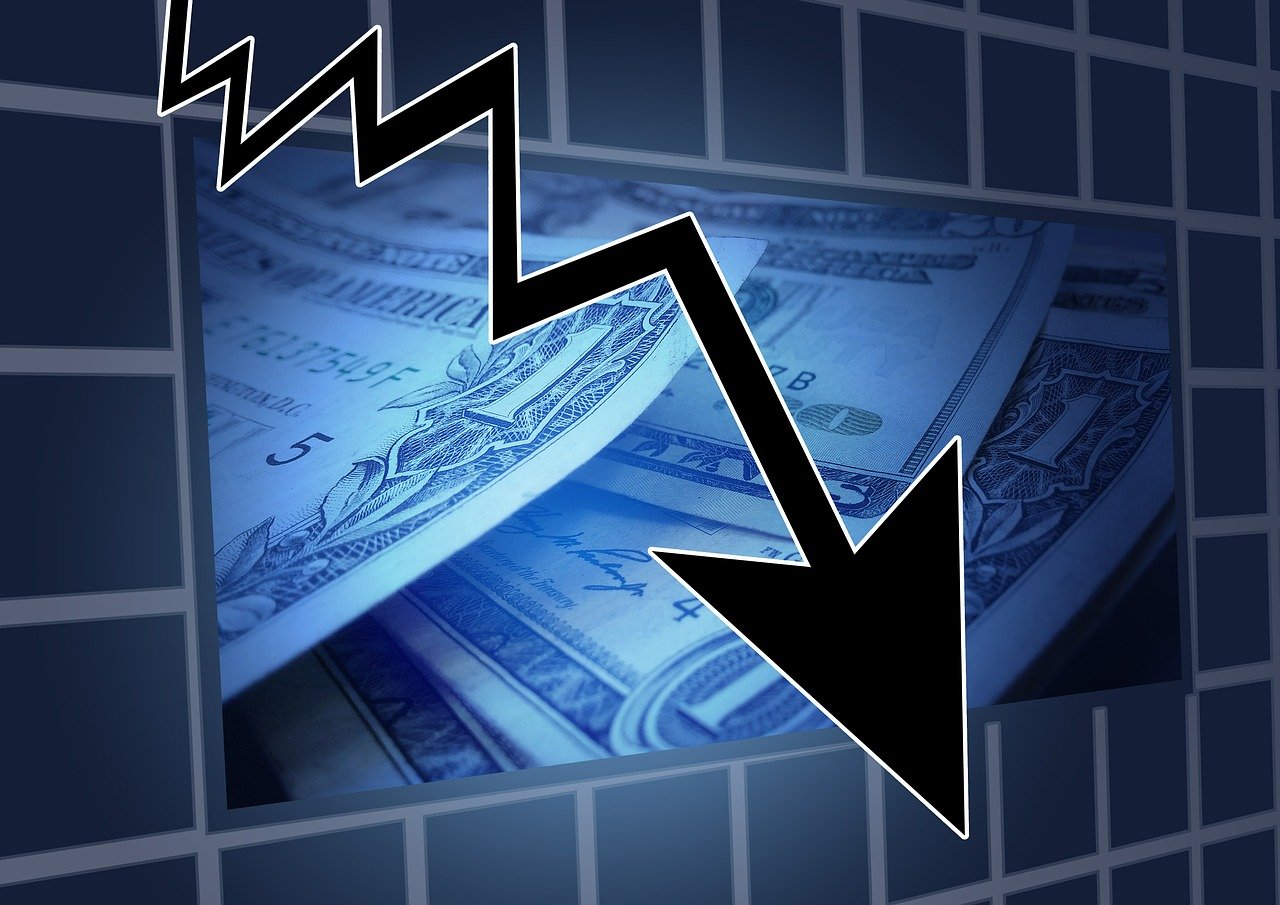One would expect people demanding government policy solutions to rapidly accelerating unemployment and widespread income insecurity during a recession.
That is how the American population reacted during the Great Depression eighty years ago.
However, a study carried out at Indiana University and published in the American Sociological Review, reported declining public support for government efforts to address social problems in response to the Great Recession
The study is titled “A Broken Public? Americans’ Responses to the Great Recession.”
Lead author of the study, Clem Brooks, said:
“We found it surprising that as the Great Recession emerged, the American public moved quickly toward lower levels of support for government policy solutions to social problems. This is not the outcome we expected based on a good deal of scholarship in sociology and political science. It also departs from much, if not most, journalistic and common-sense thinking as well.”
The researchers say waning public support for government solutions to social problems in response to the Great Recession (2008-2010) was one of the greatest 2-year changes they detected during the 26-year period of the study (1984-2010).

Why did public support fall during the Great Recession?
Brooks said “The key is partisanship. We found that it wasn’t the public as a whole that moved away from support for government policy solutions. Self-identified Democrats actually became slightly more supportive of government solutions between 2008 and 2010. But self-identified Independents and especially Republicans experienced a large shift in the opposite direction.”
From 2008 to 2010, support for government solutions among people who identified themselves as Republicans declined three times faster than among Independents.
Brooks said “For several decades now, the Democratic and Republican parties have become more and more distinct when it comes to the laws and policies that U.S. Senators, Representatives, and Presidents support. This polarization is also asymmetric: Republican politicians have moved much faster to the right than Democratic politicians have moved to the left. These developments are the background to the importance of voter-level partisanship that we have unearthed during the recent recession.”
The Great Recession further polarized policy attitudes among self-identified Democrats and Republicans.
Brooks noted “Self-identified Republicans experienced a more significant change in policy attitudes than did Democrats during the Great Recession.”
The researchers emphasized that they had ruled out several other possibilities before coming to the conclusion that partisanship was what caused public support for government policy solutions to social problems to decline during the Great Recession.
Brooks added:
“In addition to the possibility that new government laws and policies implemented by the federal government during the recession – including the 2008 Wall Street bailout, the 2009 stimulus package, and the 2010 Affordable Care Act – caused the decrease in support, we also considered explanations focusing on racial attitudes and beliefs about individualism and markets,” Brooks said.
“Ultimately, our study provided evidence that it was partisanship rather than any other number of plausible biases and beliefs that led to the decline.”

